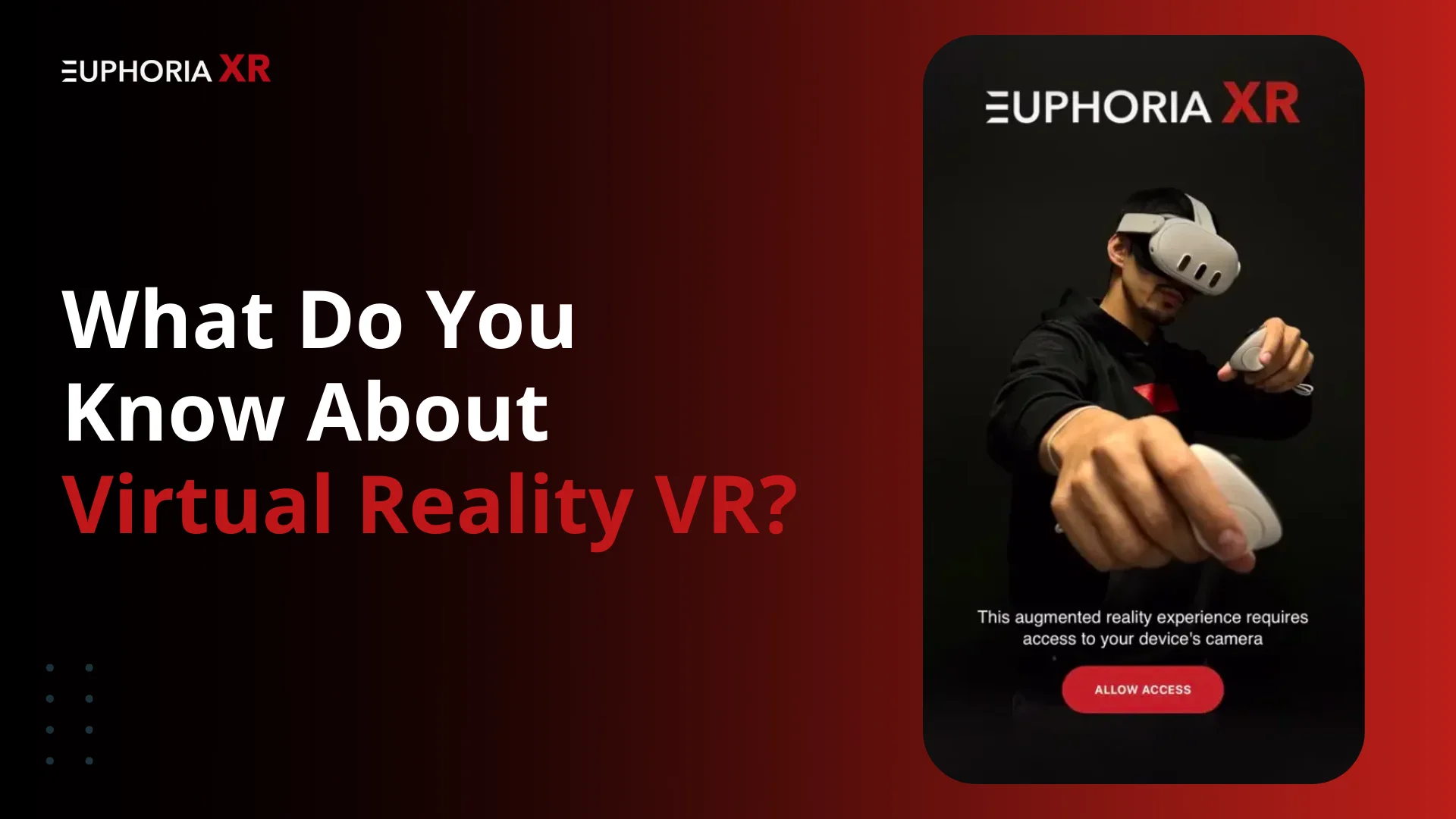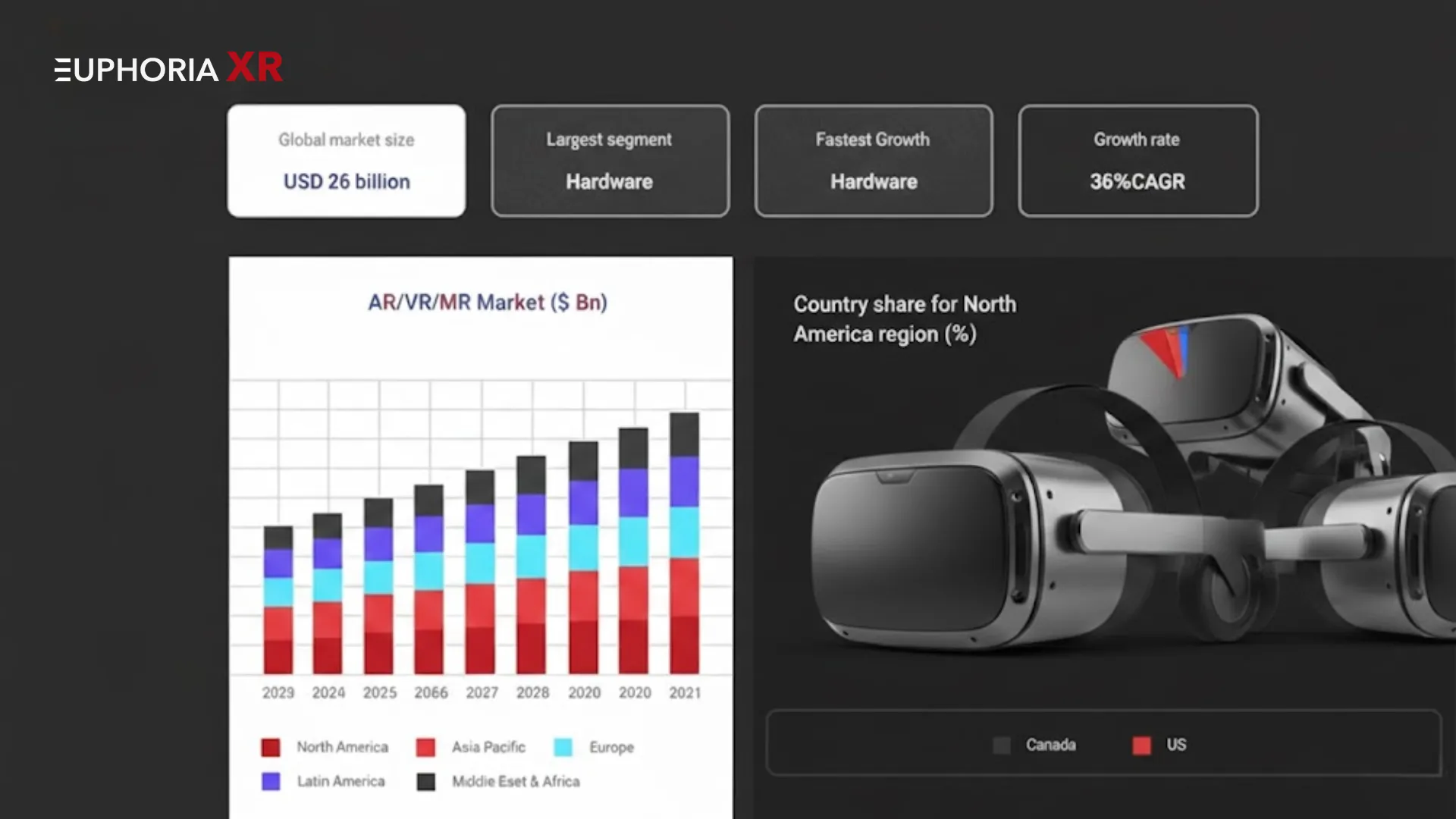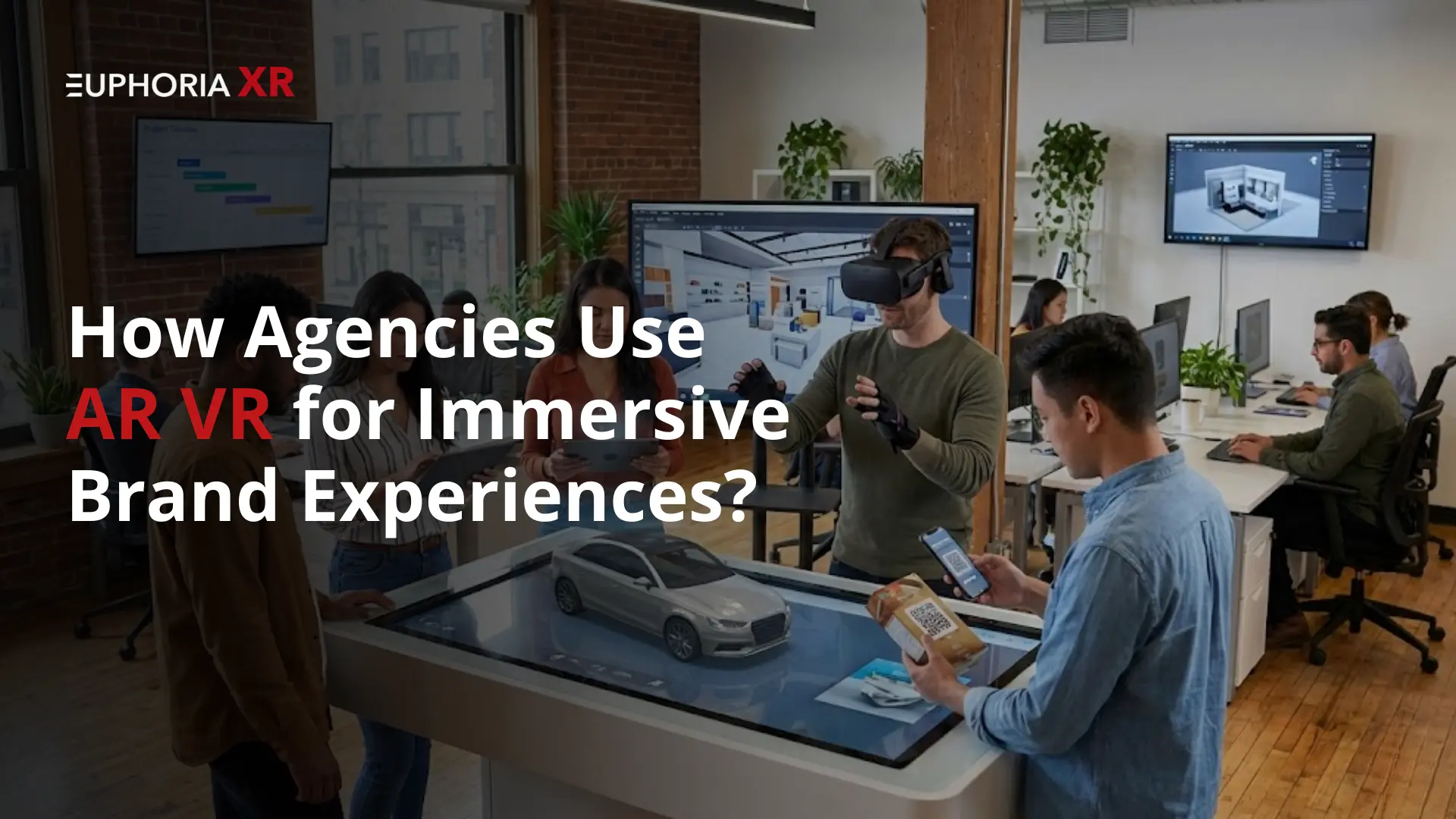What is Virtual Reality Training?
Virtual reality training is an immersive training solution that replicates real-life scenarios in order to provide a lifelike experience when training, through the use of advanced 3D simulations and VR Headsets. Virtual Reality Training offers trainees the chance to participate, practice, and decide in true-to-life surroundings, with no risk involved in the real world. This approach also increases retention, strengthens confidence, enhances safety, and minimizes time and cost compared to traditional training methods.
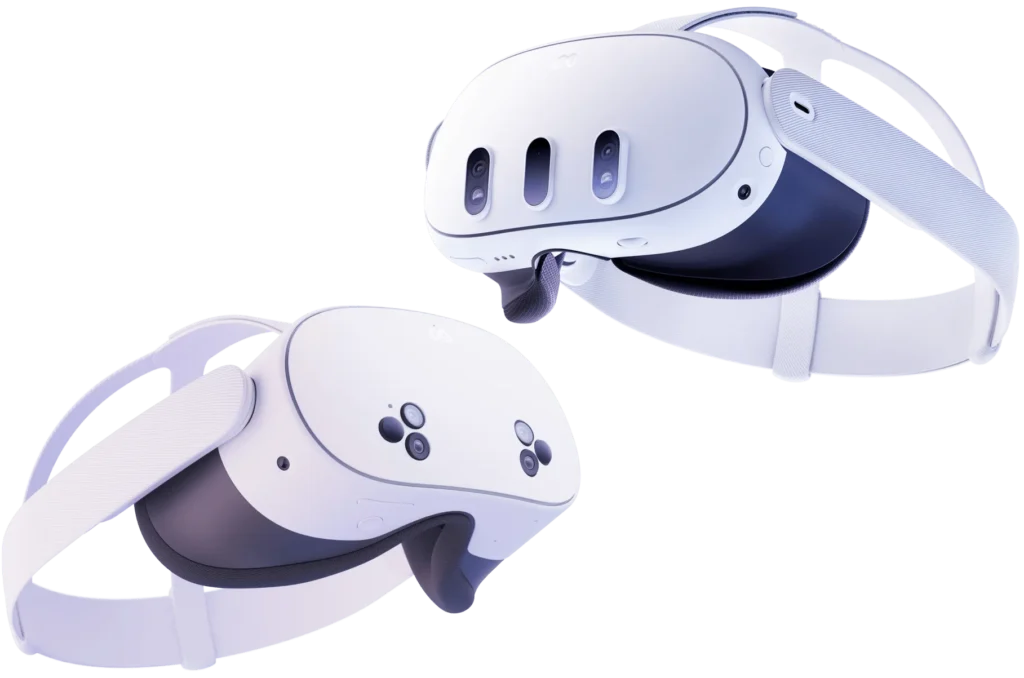
What are the Benefits of Virtual Reality (VR) Training?
Virtual Reality training consists of measurable advantages across industries. It has successfully replaced outdated learning means with offerings for interactive and immersive experiences. VR Headset delivers an immersive experience with stunning visuals, responsive tracking, and 360° spatial audio.VR is the new smart, safe, and accelerated training, excellent for performance improvement, cost savings, etc.
Improvements in job performance of about 70%-plus
Dramatic reduction of human errors on the job
Improving retention of learning upwards of 80%
Reduction of the time needed for training by 40-60% when compared to traditional methods
The cost and risk of unnecessary travel are avoided
Better team decision-making, workplace safety, and collaboration
Emphasizes all four of the major learning styles: Visual, Auditory, Reading/Writing, and Kinesthetic.
Why Choose EuphoriaXR for Virtual Reality Training?
Euphoria XR is an award-winning leader in AR, VR, and AI solutions, delivering immersive, future-ready experiences for clients worldwide. Our expert team operates across multiple time zones, collaborating with startups to Fortune 500 companies to design and develop impactful extended reality (XR) and digital innovation solutions.
We specialize in building custom Virtual Reality Training Simulations focused on performance, safety, and measurable outcomes—trusted by third-party organizations globally. Euphoria XR provides a complete suite of services, from hardware setup and content creation to simulation deployment, analytics, and long-term support.
With tailored onboarding, a growing library of immersive content, and seamless system integration, we ensure your training programs are scalable, effective, and built for the future. From healthcare and manufacturing to aviation and corporate learning, Euphoria XR transforms complex ideas into interactive XR experiences that deliver real results.
Hire VR Developer
★ ★ ★ ★ ★
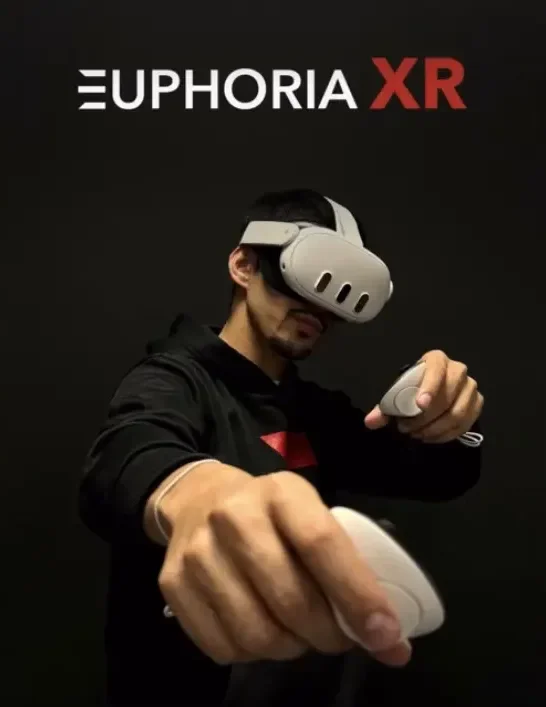
Good things happen when you make the leap to learning and training in Virtual Reality
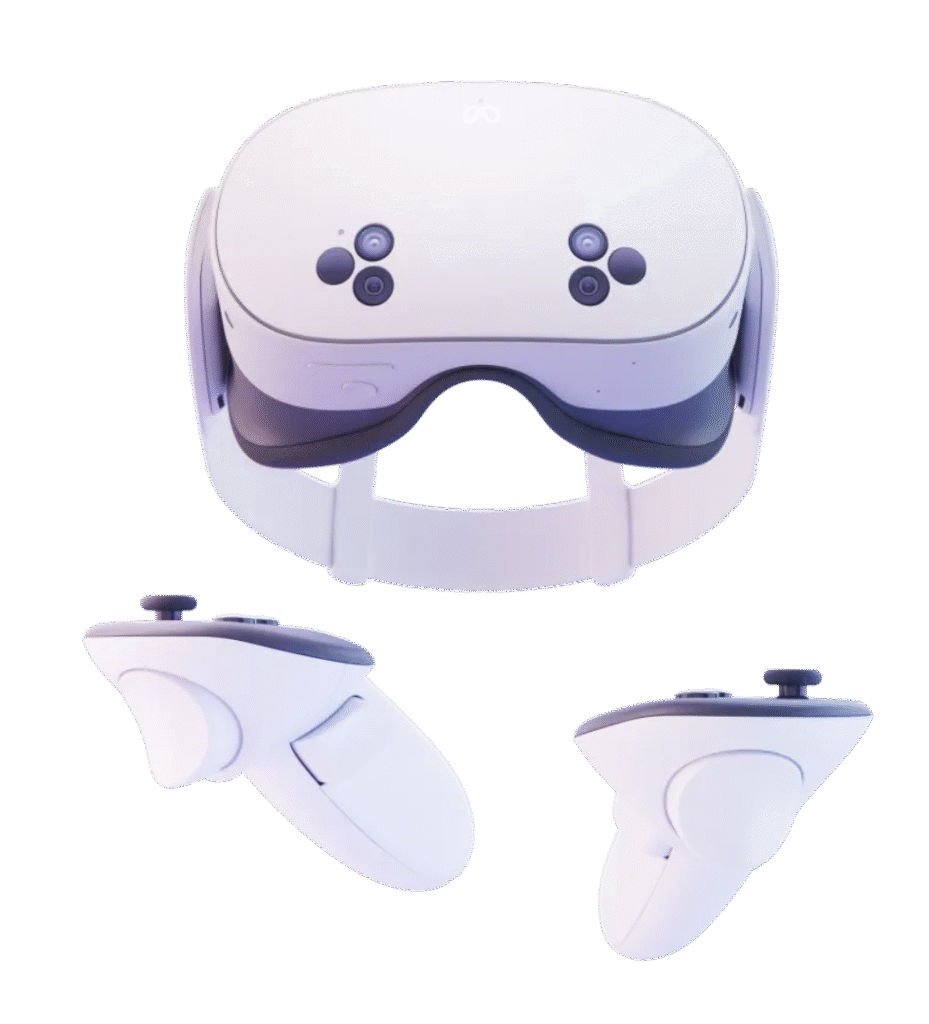
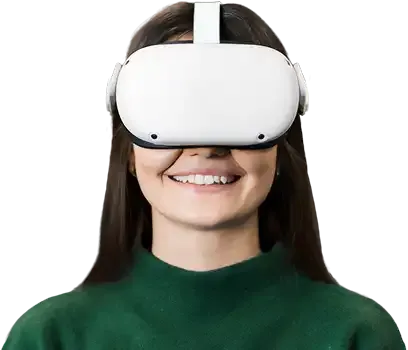
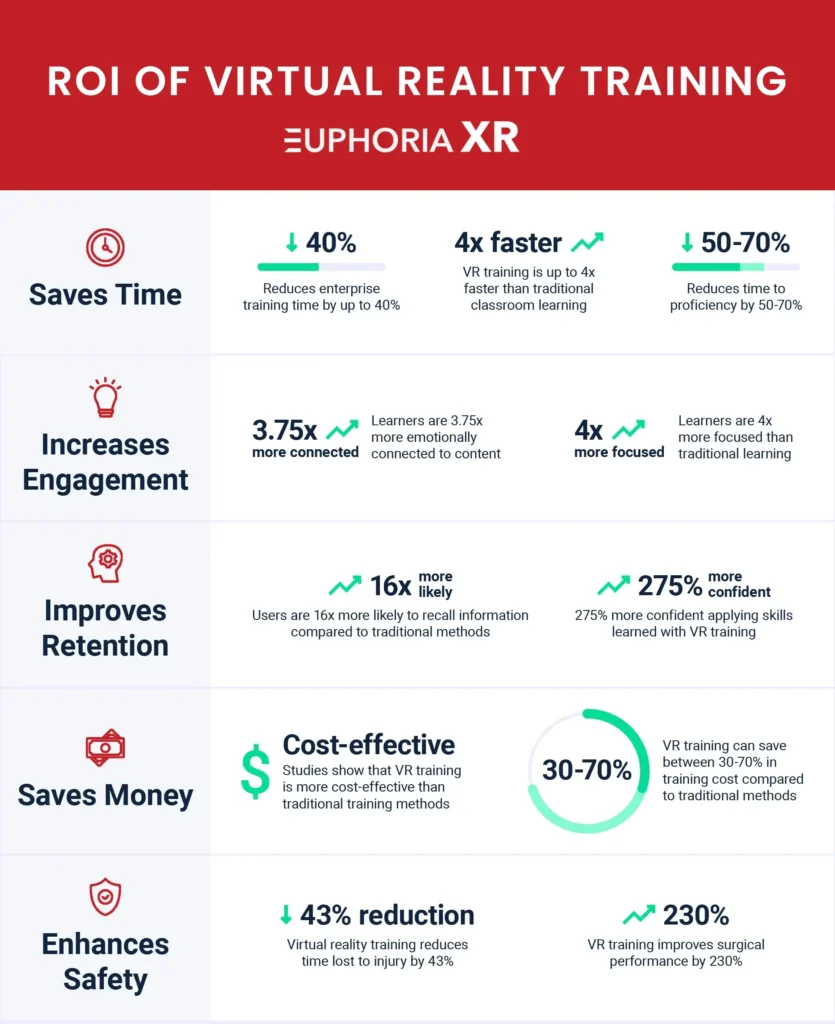
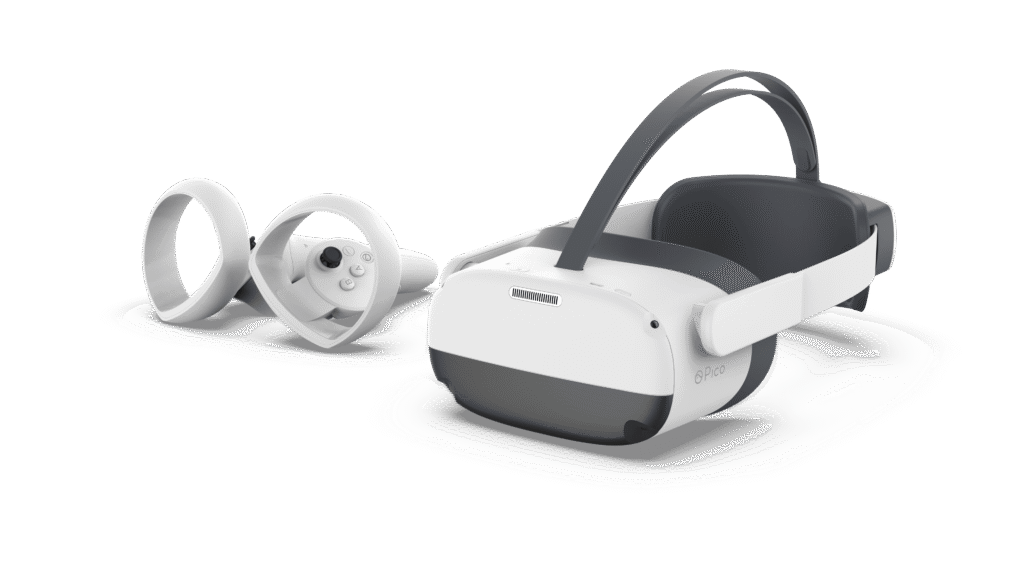
VR Designed to Move You Ahead
Merge world-class hardware with enterprise-grade virtual simulation catering to each of your goals. Train smarter, connect deeper, and scale faster with immersive learning that works across teams and industries.
Use Cases of Virtual Reality (VR) Corporate Training
See opportunities for VR Training Simulations to improve team performance, mitigate risks, and speed up skill acquisition that may be harnessed. Our tailored solutions seek to fulfill various business goals across a excess of industries and departments.
Interactive Sales Pitch VR Training
Customer Service VR Role Play Training
Compliance Training with VR Scenarios
VR-Based Technical Skills Practice
AR Equipment Operation Training
Conflict Resolution Training Simulations
Scenario-Based VR Training
VR Simulation Training
VR Soft Skills / Behavioral Training
Virtual Reality Fire Safety Training
VR Onboarding & Orientation Training
VR Cybersecurity Awareness Training
Virtual Reality Training Market Trends%
- Workforce training and development
- HealthCare
- Education
- Manufacturing
- Automotive
The development and training of workforces remains one of the main applications for virtual reality. Businesses invest in virtual reality technologies to solve safety compliance problems and onboard new staff, and improve skills in difficult and dangerous settings. Standardized and customized Virtual Reality Training programs assist companies in addressing workforce shortages, primarily in industries that have difficult-to-learn hazards, such as manufacturing and energy production, and utility distribution.
Organizations use virtual reality technology to instruct their staff through virtual simulations that replicate real working environments and equipment. Training for soft skills is becoming increasingly popular among organizations, while modules that include conflict resolution and communication, and diversity training provide realistic simulation practices.
Healthcare institutions introduce VR technology to educate healthcare professionals precisely through safe virtual operating spaces. Businesses of all experience levels and industries can transform their team learning and adaptation, and workplace performance through the global adoption of VR technology.
VC incorporates beyond Workplace Training to assist both manufacturing facilities and the automotive industry in their product design and manufacturing advancement. The implementation of VR technology by global organizations allows them to design workforce learning procedures for the future, along with enhancing performance outcomes that benefit both novice and advanced employees.
Different Industries Use Virtual Reality (VR) Training?
Examine the impact of virtual reality training on operations across both industries-from safety and skill building to onboarding, collaboration, and live simulation experiences.
VR in Retail
VR in Retail
VR in Education
VR in Education
VR in Sales & Marketing
VR in Sales & Marketing
VR in Entertainment
VR in Entertainment
VR in Real Estate
VR in Real Estate
VR in Machinery
VR in Machinery
VR in Manufacturing
VR in Manufacturing
VR in Media
VR in Media
VR in Aerospace
VR in Aerospace
VR in Industrial Design
VR in Industrial Design
VR in Healthcare
VR in Healthcare
VR in Automotive
VR in Automotive
Look Twice. Save a Life.
The 360° VR simulation transports users to actual traffic situations for enhancing road safety understanding and motorcycle empathy through a virtual experience designed to teach and engage individuals to prevent death.
Our Virtual Reality Training Projects
VR training program offers super-evolutionary new training for accidents, precisely as sounding experience artificial to those soft skills.
Frequently Asked Questions (FAQs)?
What is virtual reality training, and how does it work?
Using immersive 3D graphics and VR headsets, our virtual reality training systems mimic real-world scenarios. Through hands-on experience—safely, effectively, and memorably—trainees engage with realistic situations, developing skills.
Which industries benefit the most from VR training solutions?
We support sectors including manufacturing, healthcare, construction, aviation, education, and corporate businesses. In technical as well as soft skill contexts, our VR training enhances onboarding, performance, and safety.
What’s the difference between VR training and traditional training methods?
Conventional training is passive. Trainees in our VR training experience actual situations, make decisions, and learn by doing. It cuts actual costs and hazards, boosts retention and participation.
Can you develop custom VR training simulators for our organization?
Indeed! Depending on your particular workflows, processes, and objectives, we create totally customized Virtual Reality Simulators. From idea to deployment, we customize everything to your training requirements.
How much does VR training development typically cost?
Expenses vary with features, content, and complexity. We provide scalable packages and will assist you through a customized quote once we have thoroughly learned your needs.
What equipment is needed for virtual reality training?
Usually, our answers call for VR headsets (like Meta Quest or HTC Vive), controllers, and a matched PC or standalone system. We assist you in selecting and configuring the appropriate gear.
Can virtual reality training be used for soft skills development?
We train you on everything. Leadership, communication, conflict resolution, and customer service are among the VR modules we provide, hence transforming soft skill development into engaging, real, and powerful experience.
Do you offer enterprise-level VR development services?
To effectively train large teams, we design enterprise-grade VR systems with secure deployment, analytics integration, LMS compatibility, and scalable infrastructure.
How long does it take to develop a VR training solution?
Different scopes affect timelines. Most initiatives last 4 to 12 weeks. We adhere to a systematic development process and keep you informed at every milestone.
Can virtual reality training improve employee performance and retention?
Our clients indicate 70% improvement in performance and 80% greater knowledge retention. Virtual reality training boosts confidence, lowers error rates, and speeds learning.
Do you provide ongoing support and updates after VR deployment?
To make sure your VR training remains current and effective, we provide maintenance, analytics tracking, content updates, and post-deployment support.
Recent Posts
What Do You Know About VR?
Have you ever wanted to play a game in real life member of a video...
Read MoreSurvey Report: How Brands and Agencies Use AR/VR Rental Solutions for Events?
Are AR and VR Rentals Now Necessary in Events? Just think of entering a trade...
Read MoreHow Agencies Use AR VR for Immersive Brand Experiences?
Have you observed how people disregard ads nowadays? They scroll fast. They skip videos. They...
Read MoreCompany's Stats





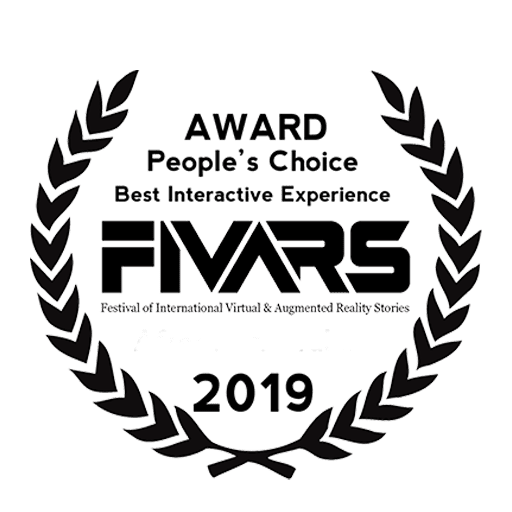
Let's talk about your project
We are here to turn your ideas into reality

